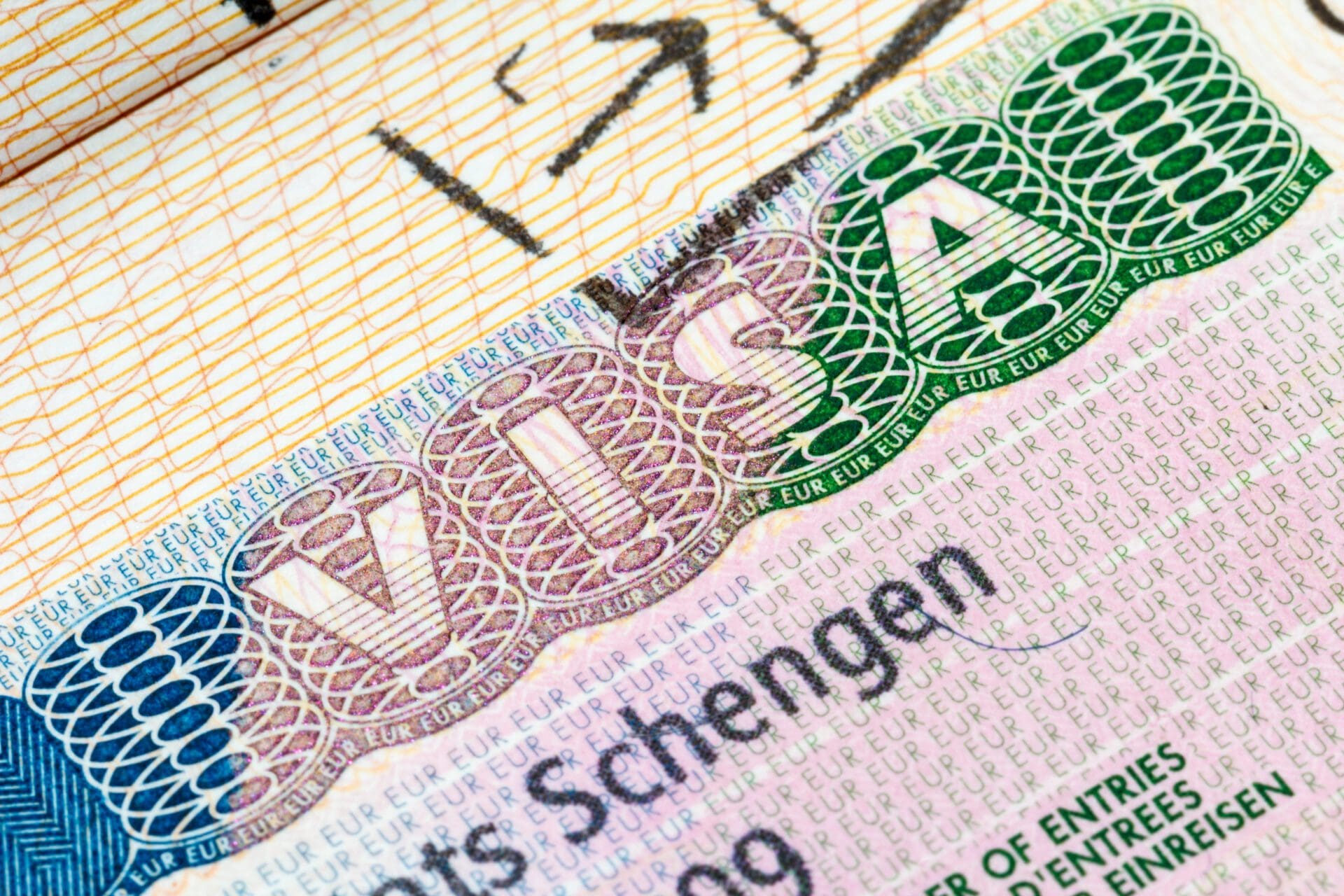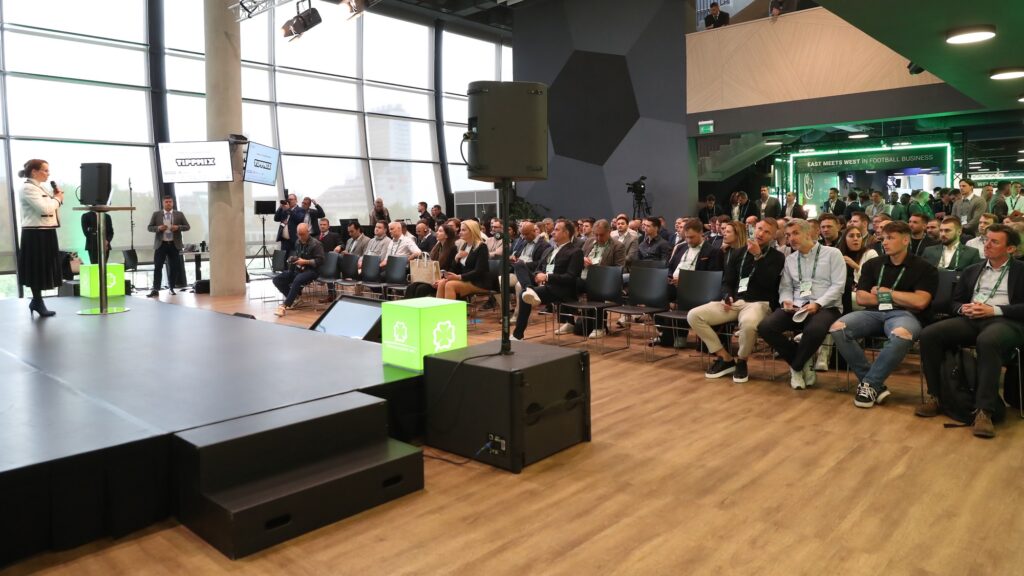In a resolution passed today, the European Parliament emphasised that both Bulgaria and Romania have already met the prerequisites for Schengen membership. The Council’s decision to deny their membership ‘without presenting any legal justification related to accession criteria’ on 8 December 2022 is regrettable, the MEPs stated. The representatives asserted that an expanded Schengen region without border controls will strengthen the EU, stressing that all members have the right to join Schengen once they are ready.
According to the Parliament, Romania and Bulgaria’s industries and inhabitants are negatively impacted socially and economically by the two nations’ continued exclusion from the visa-free zone. In contrast to their fellow EU citizens living in the Schengen region, Bulgarian and Romanian nationals experience delays, administrative challenges, and higher prices while travelling or conducting business abroad, according to the text. Compared to an average of ten minutes without internal border inspections, MEPs highlight that the delays at border crossings experienced by Romanians and Bulgarians may be as long as hours or even days. This undermines working conditions for truck drivers in particular.
The document highlights the ‘irreparable damages’ to the environment that go against the objectives of the European Union’s climate neutrality in addition to the harm done to the EU single market by impeding the free flow of goods between European member states. According to MEPs, the increased pollution from the tens of thousands of vehicles lining up to cross the border each day, which emit almost 46,000 tonnes of CO2 annually, endangers the health of drivers, customs officers, and residents who live close to border crossings.
The resolution urges the Commission to examine options for monetary compensation
and requests that it quantify the opportunity costs and environmental harm that Romania and Bulgaria have incurred since June 2011 as a result of the ‘unjustified denial’ of Schengen membership. According to the MEPs, the current situation ‘undermines the EU’s capacity to promote its values and good governance in third countries’ and is ‘instrumentalised by anti-EU propaganda, including Russian propaganda.’
Transylvanian Hungarian Loránt Vincze, MEP for the European People’s Party–RMDSZ raised the issue of the drawbacks of delaying Romania’s accession already in 2019. He also brought up the matter recently at an event talking to György Hölvényi, Member of the European Parliament (MEP) for the European People’s Party-KDNP and Christian Sagartz, MEP for the European People’s Party-Austrian People’s Party.
At the event Vincze stressed that Transylvanians never questioned their sense of belonging to Europe. They even had a somewhat utopian belief that EU accession would bring paradise on Earth. However, as they drew closer to the Union, they began to see shades of complexity. The Hungarian Transylvanian community experienced disappointment in EU membership, especially when their high expectations were not met. One reason for disappointment is that despite fulfilling the requirements for Schengen membership twelve years ago, Romania still faces obstacles in entering the agreement, and a solution to this challenge remains uncertain.
Vincze also highlighted the need for reform within the Schengen zone itself. Currently, the zone’s functionality is flawed, as border controls have been reintroduced in various regions, not limited to Burgenland or Bavaria, but also at borders between Denmark and Germany or Spain and France. Consequently, the Schengen Area continues to separate minority communities from each other.
Related articles:








